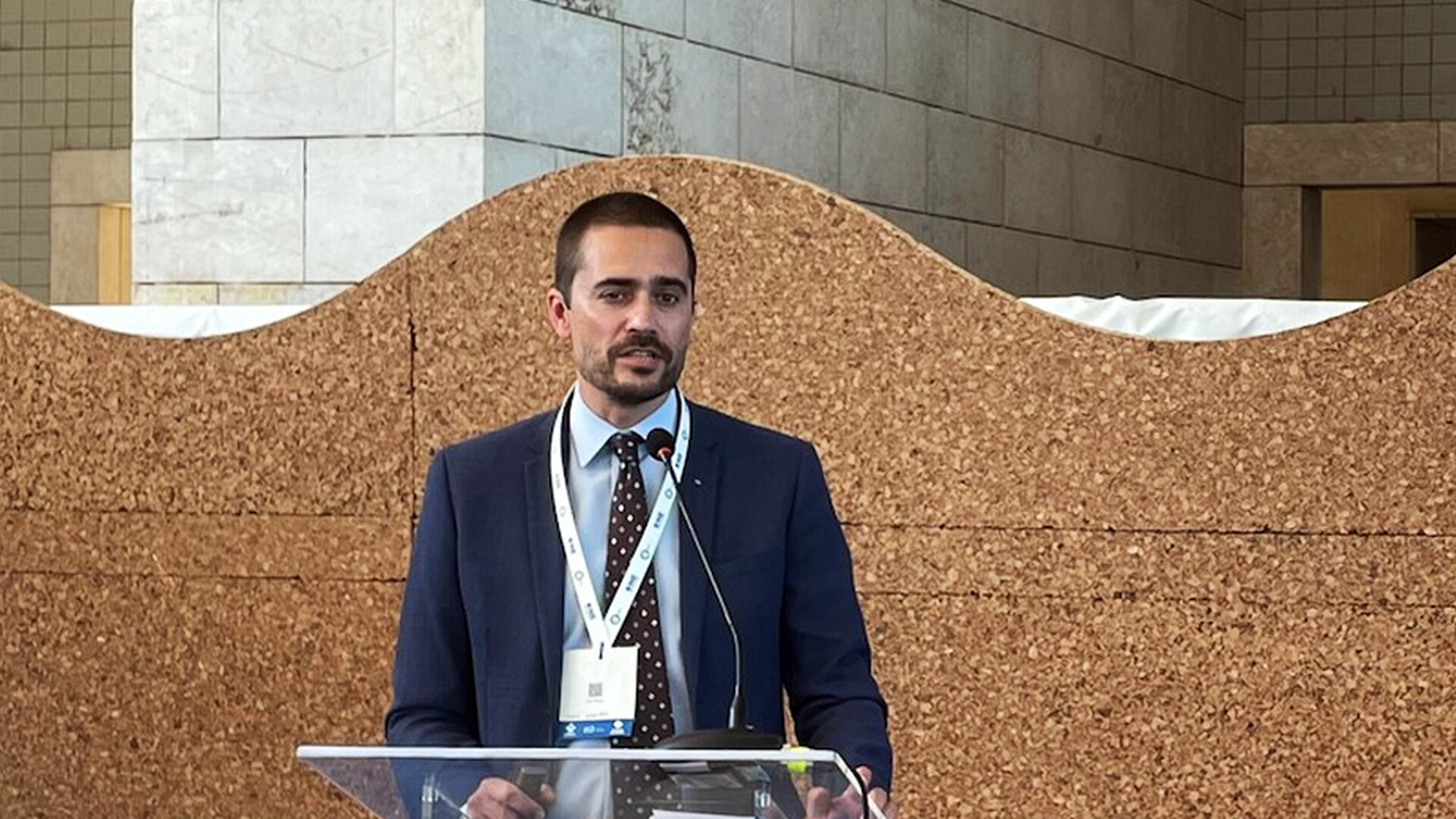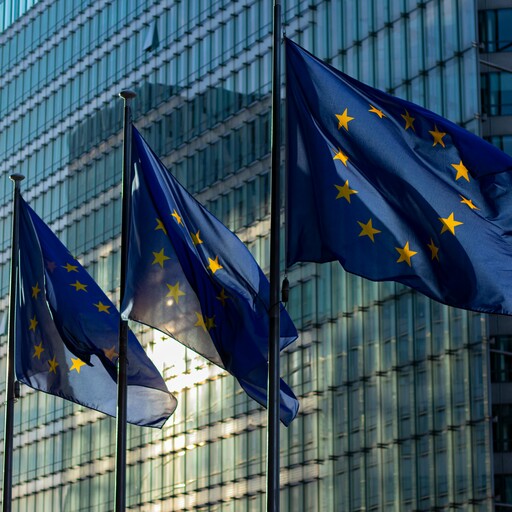On July 4 th , the second phase of the ULISSES project started. Of the 26 students who successfully completed the preparatory phase and were selected to participate in the project phase, 22 will be with us in Lisbon from July 4 th , and will form multidisciplinary and international work teams and, for three weeks, work intensively on solving a current challenge related to the sustainability of the Oceans.
ULISSES Project | Interview with Professor Luís Tinoca

A total of 50 students, representing 10 nationalities and coming from three different continents, participated in the preparatory course. Of this group of students, 27 belong to ULisboa Schools, 18 study in partner universities of the Unite! network and the remaining 5 come from other foreign universities.
ULISSES (ULisboa ’s Interdisciplinary Studies on Sustainable Environment and Seas) is an international educational project that aims to provide students with an active learning experience and the acquisition of skills related to the preservation of the Oceans.
We spoke with Professor Luís Tinoca, the project coordinator, to find out more about this second edition:
The ULISSES project is a two-phase course. What does the preparatory phase consist of and why does it take place online?
Since Ulysses is open to students from many disciplinary areas, ranging from Biology to Engineering, all the way through Medicine, Zootechnics, Agronomy, Computer Science, Physics, among others, the preparatory phase aims to build a common knowledge repository within the course topics that will then allow in the project phase the teams to perform interdisciplinary collaborative work from a solid shared knowledge base. The fact that it is online, making use of an asynchronous model of interaction allows all participants to access it according to their individual needs, investing more in topics that are new to them, and being able to make use of more advanced materials in topics with which they already have some experience. This modality thus allows each participant's individual experiences to be more customised, without requiring them to attend in person, which would be very complicated for an international audience.
What is the challenge that students will be asked to solve in this 2nd edition of Ulisses?
This year's challenge is similar to last year's, within the spirit of the course: to contribute to a more sustainable future for the ocean. This year, participants are faced with two recent news items on this subject, the article High concentrations of plastic hidden beneath the surface of the Atlantic Ocean (of the Nature communications journal) and the article Microplastic pollution in Atlantic Ocean exceeds earlier findings (of the Environmental Science & Engineering journal) and then they will be challenged to solve a problem with 3 parts: 1) where is the plastic? 2) what are the effects of this pollution? and 3) how to fight this pollution with economically and environmentally sustainable collection and transformation projects?
What results do you hope to achieve and what skills will be stimulated in students with this challenge?
The ambition is that this type of initiative, in which multidisciplinary synergies are sought, can contribute to the development of new proposals for intervention in the ocean to help fight this plague.
Students are given the opportunity to participate in a real-life interdisciplinary research project; experience the academic and social diversity of an international research community, work with colleagues from other schools and with different scientific backgrounds, learn about the importance of the oceans in the quest for the sustainability of our planet, recognise the ocean as an important source of resources and wealth, identify the sources of ocean pollution (especially plastic pollution) and their impact and the main techniques used for their mitigation.
At the end of the project, students, in addition to improving their English language skills, become familiar with the fundamentals of several disciplines related to ocean science, the core principles of materials science related to polymers, the impact of plastic pollution on the metabolism of biological systems, basic principles of robotics and the design of autonomous vehicles for ocean exploration as well as the basic techniques for recycling materials and the principles of circular economy and also several methods of project management.
What other aspects of this programme are worth highlighting?
The ULISSES project arises in the context of the University of Lisbon's participation in the Unite! - University Network for Innovation, Technology, and Engineering network. ULISSES project closely follows the educational concepts that underlie the INSPIRED project, created and offered by TU Darmstadt.
Unite! is an Alliance of European Universities, of which ULisboa is part. Its aim is to continue the creation of a European Area of Higher Education, through a new generation of Europeans committed to transnational, transdisciplinary and multilingual cooperation. Seeking to face the great societal challenges and contributing to affirm Europe's leadership as a knowledge area.
ULISBOA NEWS
Para que esteja sempre a par das atividades da ULisboa, nós levamos as notícias mais relevantes até ao seu email. Subscreva!





